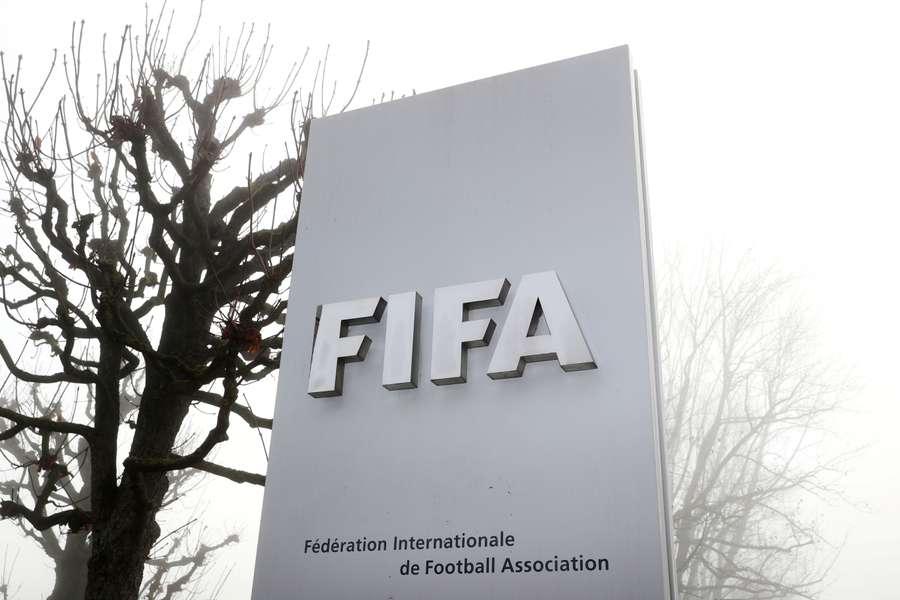FIFA allocated the 2030 World Cup to Spain, Portugal and Morocco last week but also said Uruguay, Argentina and Paraguay would host three matches to mark the tournament's centenary.
After three games in South America from June 8th-9th, 2030, the tournament then heads to Spain, Portugal and Morocco, which would lead to several trans-Atlantic flights for teams and fans.
It is a stark contrast to the 2022 World Cup in Qatar which had only 32 teams while all 64 matches were played in eight stadiums in and around Doha.
"The big problem is that they're continuously growing the event," said sport ecologist Dr Madeleine Orr, an assistant professor at the University of Toronto, whose research examines the impacts of climate change on the sport sector.
"Every decision that grows the World Cup is going to increase the carbon footprint of the event. That's the unfortunate truth, it's a trade-off.
"You get growth economically and as a result, you're getting a bigger environmental footprint... FIFA itself have said that they are considering the environment, yet all of the actions suggest otherwise."
FIFA said they will take all required measures to mitigate the environmental impact of the World Cup, adding that 97% of the 2030 tournament will be held in three countries that share a border or are separated by a few kilometres.
"For 101 games, the tournament will be played in a footprint of neighbouring countries in close geographic proximity and with extensive and well developed transport links and infrastructure," FIFA said.
FIFA also previously said they were committed to a 50% reduction in carbon emissions by 2030 and achieving net zero by 2040.
MISLEADING STATEMENTS
But in June, a Swiss regulator said FIFA made false and misleading statements about carbon neutrality and the reduced environmental impact of the World Cup in Qatar.
Quentin Cuendet, who acted on behalf of the Swiss Climate Alliance with the association Avocates pour le Climat in their case against FIFA for "greenwashing" at the 2022 World Cup, said it was not possible for FIFA to mitigate the impact.
"The first reason is that in such big tournaments, with people coming from all over the world, most emissions are from flights. This is something FIFA cannot reduce," Cuendet said.
"It's too big, it's about 80-85% of total emissions. I cannot see how FIFA can commit to have any positive effect on those emissions.
"The second reason is that at the World Cup in Qatar, FIFA claimed it offsets part of its emissions.
"What we showed at the proceedings in Switzerland is that FIFA was unable to prove that the offsetting was effective and had a positive impact on the emissions of the World Cup."
Dr Walker Ross, a lecturer in Sport Management at the University of Edinburgh and a member of the Sport Ecology Group, said trans-Atlantic flights alone would be responsible for 1-1/2 to two tons of Carbon Dioxide (CO2) per person on the flight.
"For the last World Cup in Qatar, travel within the country was quite minimal because the country is so small," Ross said.
"(In 2030) you're going to have teams fly down to South America, play a match and then they're going to fly back to, let's say Spain. That just seems quite carbon intensive."
Ross also said the actual benefits of carbon offsetting - like purchasing a forest and maintaining it or planting trees - will take decades to actually work its way into the system.
"Meanwhile, the actual carbon impact of those flights is very much right now, it's not years and years down the road, which is what we're seeing with offsetting," he said.




